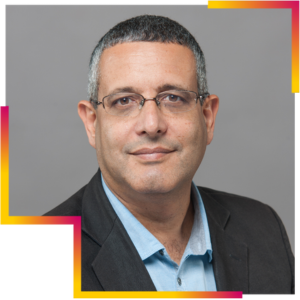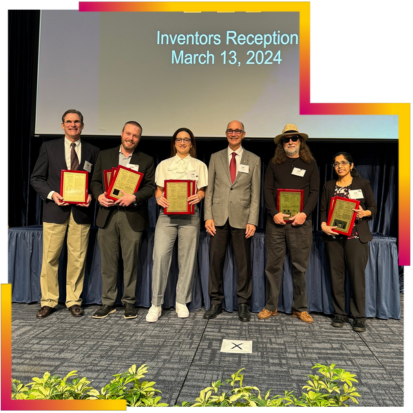Apply | Visit | Request Info
Dream, Discover, Inspire, Innovate
The Department of Biomedical Engineering (BME) is part of the College of Engineering and Computing at FIU and is a prime resource for biomedical engineering education, training, research, and technology development. BME is an ever-evolving field that uses and applies engineering principles to the study of biology and medicine in order to improve health care.
Located in Miami, Florida, Florida International University, a Top 100 public university that is designated a Carnegie Highest Research (R1) and Carnegie Community Engaged institution is committed to high-quality teaching, state-of-the-art research and creative activity, and collaborative engagement with the local and global communities.
We are preparing a diverse community of biomedical engineers and are engaged in the translation of research to health care applications through discovery, innovation, entrepreneurship, and community engagement. The biomedical engineering faculty includes 1 National Academy of Inventor Fellow, 4 American Institute for Medical and Biological Engineering Fellows, 1 Fellow of American Society of Mechanical Engineers, 1 SPIE Fellow, 1 American Heart Association Fellow, and 2 NAI Senior Member.

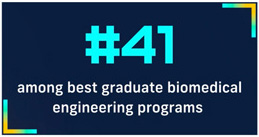

Faculty Highlight
Alongside Dr. Alexander Agoulnik, professor and interim chair of the Department of Human and Molecular Genetics at HWCOM; Dr. Hutcheson has been able to look into ways to treat and prevent cardiovascular disease. Because of their combined efforts, they have been awarded a U.S. patent that could aid in identifying this disease and put an end to it before it reaches a certain point.

Applied Research Areas
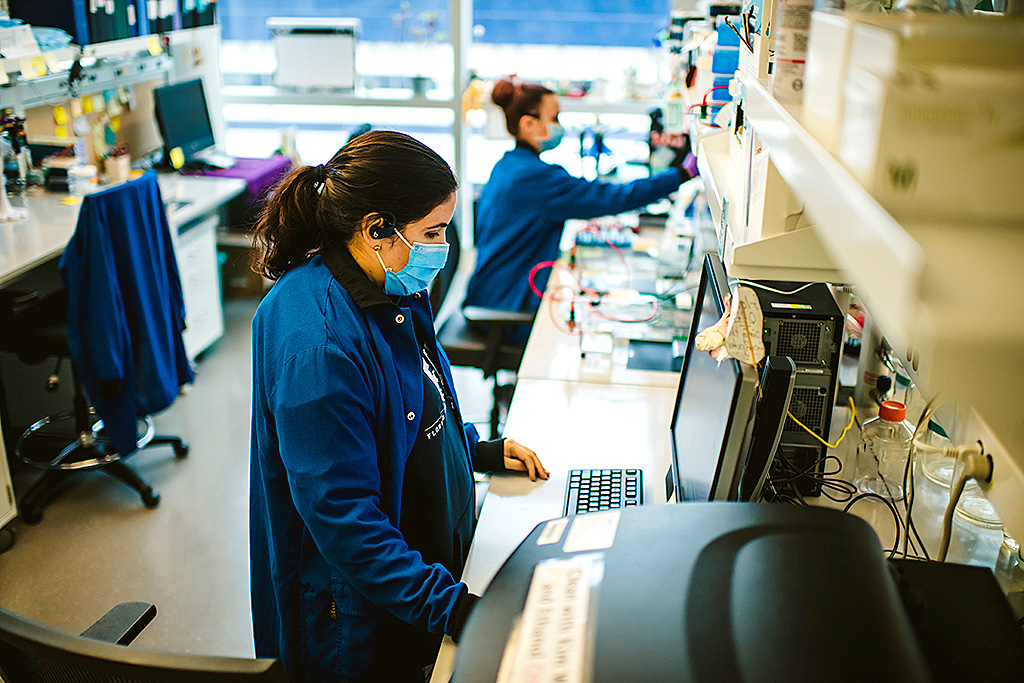
Research in Engineered Tissue Model Systems
Focus on cell and engineered tissue mechanics with application in cardiovascular regenerative medicine.
Diagnostic Bioimaging and Sensor Systems
Developing non-destructive optical and mechanical technologies that can detect disease development and tissue injuries in vivo.
Therapeutic and Reparative Neurotechnology
Focus on biologically inspired technologies to interface with the nervous system to repair and promote recovery of lost function after trauma or disease.
BME Spotlight
Dr. Jorge Riera Elected To Join the AIMBE College of Fellows
Jorge Riera, Ph.D., associate professor and interim chair of the Department of Biomedical Engineering (BME) at Florida International...
Biomedical Engineering Faculty and Researchers Recognized at Inventors Day Reception
On Wednesday, March 13, FIU held the annual Inventors Day Reception, which is an event that recognizes inventors all throughout the university...
Dr. Jessica Ramella-Roman elected as a Fellow Member of Optica Society
Department of Biomedical Engineering (BME) faculty Dr. Jessica Ramella-Roman has been elected to join the Optica Society (formerly OSA) as a...
Biomedical Engineering Seminars
 Through the generous support of the Wallace H. Coulter Foundation, the Department of Biomedical Engineering facilitates weekly lectures during each academic term.
Through the generous support of the Wallace H. Coulter Foundation, the Department of Biomedical Engineering facilitates weekly lectures during each academic term.
Experts in all areas of Biomedical Engineering are invited to provide a research seminar. The lectures are a great place for the community, students, and faculty and staff to meet and network with leading experts in the industry.
Check Out Past Seminars
BME Student Showcase Events
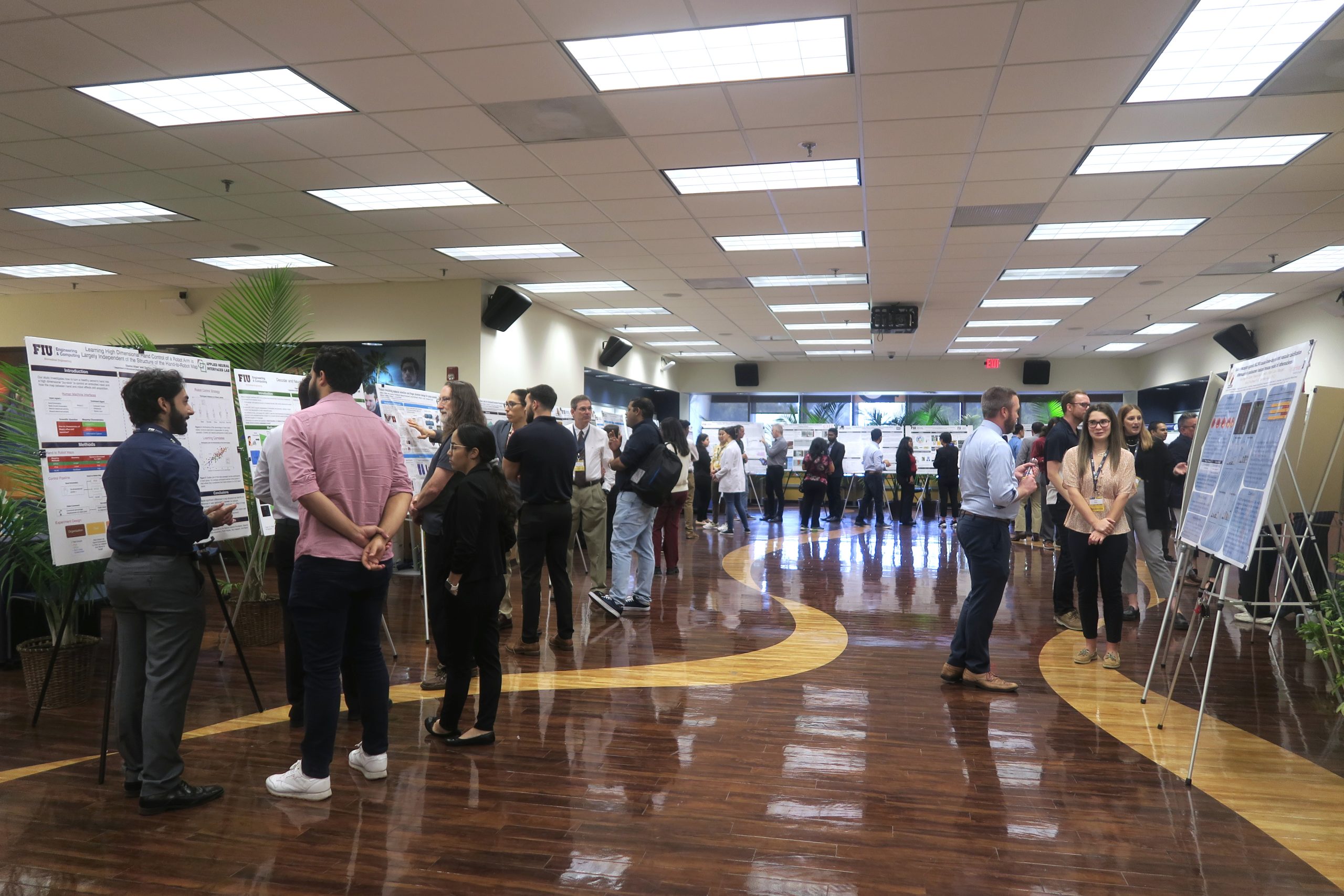
Graduate Research Day 2023
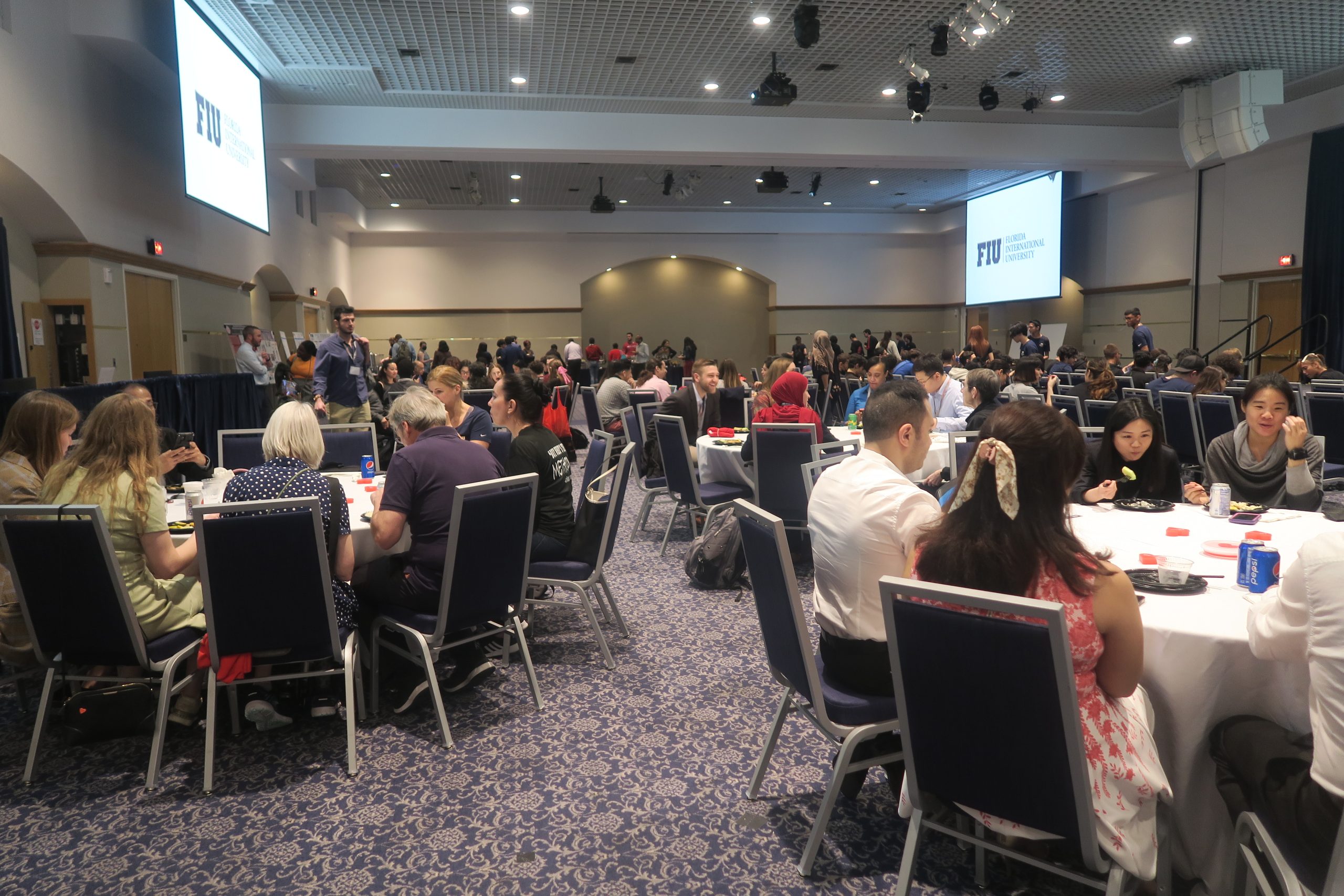
Fifth Annual Heart Day Symposium
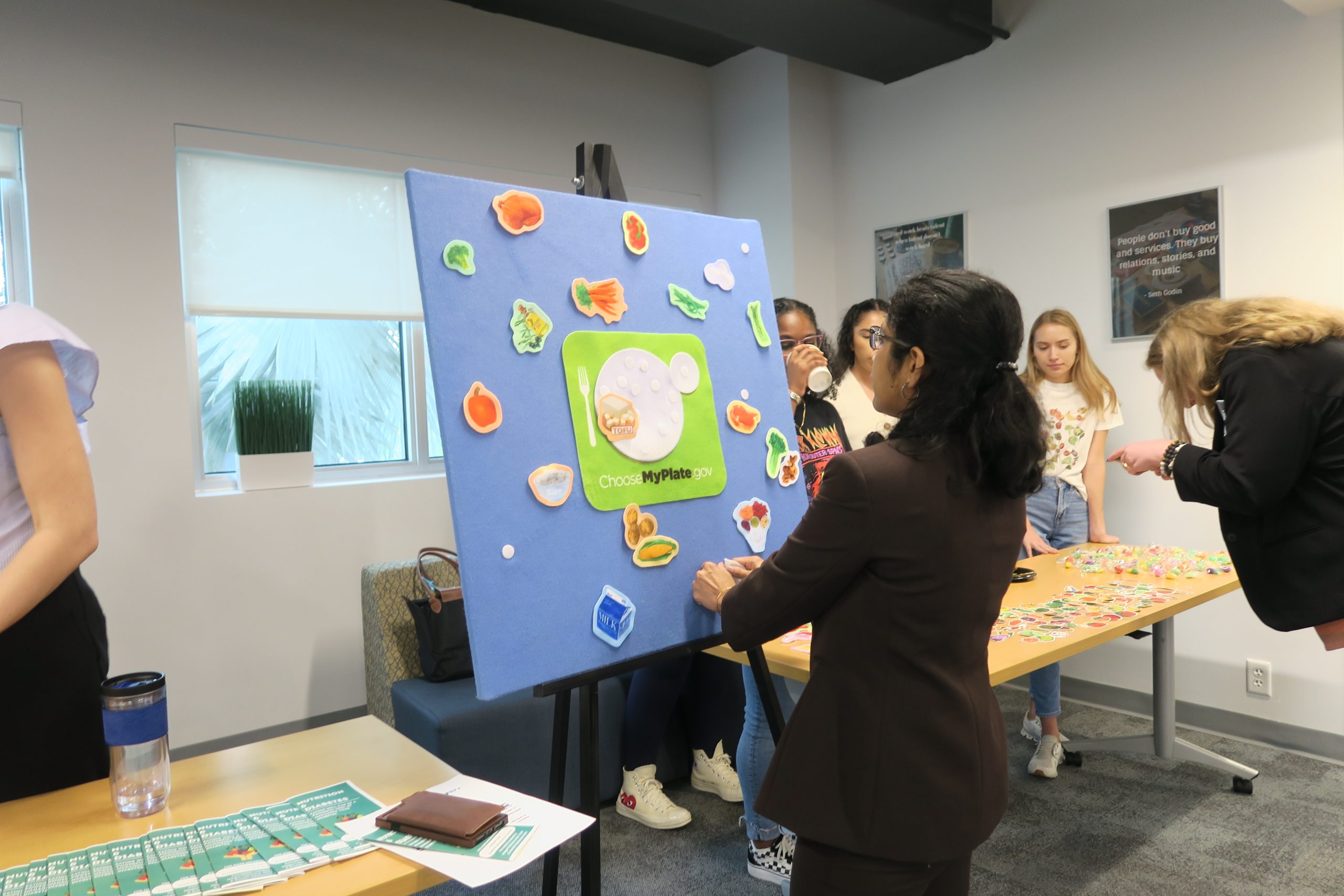
Diabetes Awareness Day Event


